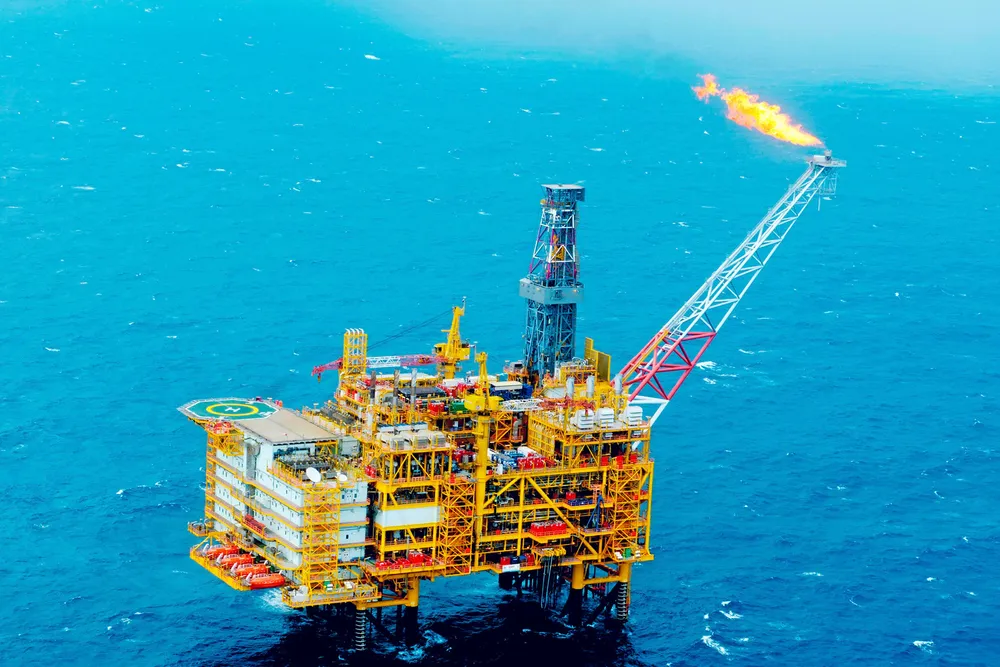Posco defends Myanmar operations as security situation deteriorates
South Korean operator forging ahead with exploration and field development work while peers walk away

South Korean operator forging ahead with exploration and field development work while peers walk away
